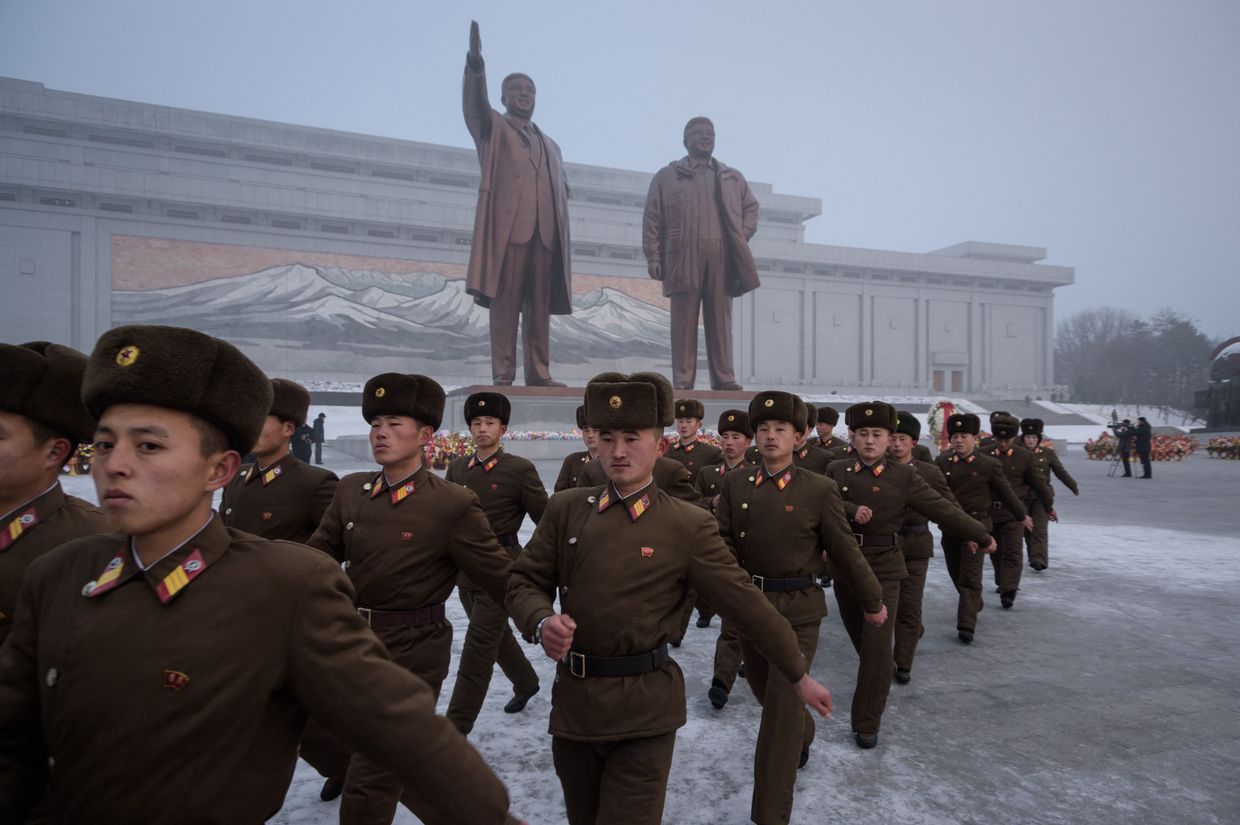Japan's new sanctions are 'significant blow to Russia’s military-industrial complex,' Zelensky says

The Japanese government has broadened its sanctions list in response to Russia's invasion of Ukraine, the country's Foreign Ministry announced on Jan. 10.
The new measures targeted individuals and entities from Russia, China, the United Arab Emirates, Kazakhstan, Kyrgyzstan, Thailand, Turkey, and North Korea.
Twenty-nine Russian entities, including the Machine-Building Scientific and Production Union, and Aleksinsky Chemical Plant, three banks, and 11 individuals, are among those affected. Export restrictions were imposed on 22 additional Russian companies and 335 commodity names.
"It is a significant blow to Russia’s military-industrial complex, limiting access to critical microelectronics, and creating additional obstacles for the production of missiles and drones," President Volodymyr Zelensky said in response to the move.
Additionally, sanctions have been imposed on 31 foreign companies from China, the UAE, Kazakhstan, Kyrgyzstan, Thailand, Turkey, and Georgia, as well as Georgian MRB Bank, and one North Korean citizen.
Japan lifted sanctions against eight individuals, including Violetta Prigozhina, the mother of Wagner Group then-leader leader Yevgeny Prigozhin, who died in a plane crash on Aug. 23.
While refraining from providing lethal military aid, Japan has consistently supported Ukraine in its struggle against Russia’s full-scale invasion.
On Jun. 21, Tokyo, for the first time, announced sanctions against China-based companies over their support for Russian aggression.
Japan has also previously joined the international sanctions regime against Russia and other steps taken against Moscow within the Group of Seven (G7).













